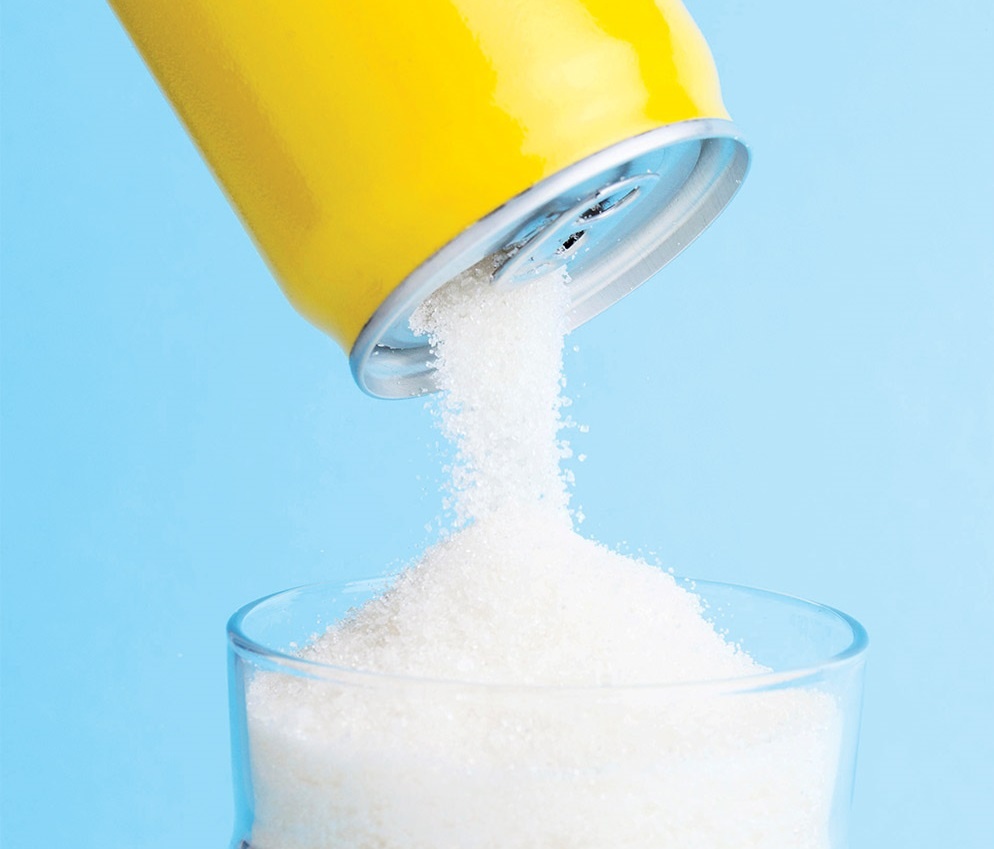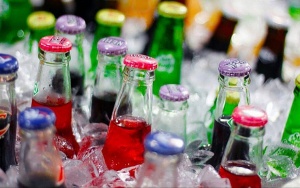INTERNATIONAL INVESTMENT
AND PORTAL
Vietnam is closer to adding a tax on soft drinks based on sugar content to encourage businesses to produce and import low-sugar soft drinks.
The latest draft of the law on special consumption tax (SCT), released last week, noted that the Ministry of Finance (MoF) added a tax on sugary drinks based on Vietnamese standards with sugar content above 5g/100ml to be subject to an SCT of 10 per cent. The previous draft did not specify sugar content in detail.
The MoF also removed milk from the list of taxed sugary drinks as per Vietnamese standards. Soft drinks include energy drinks, electrolyte drinks, and soft drinks containing caffeine.
 Too many sugary drinks increase the risk of cancer and diabetes, Photo: Freepik.com
Too many sugary drinks increase the risk of cancer and diabetes, Photo: Freepik.com
Beverages containing tea or fruit juice, herbal beverages, and drinks from cereals and do not come under the sugary drinks category, nor do liquid foods used for nutritional purposes, natural mineral water and bottled drinking water, and pure vegetable and fruit juices with honey or cocoa products.
According to the MoF, the new rules will help implement the Party and state’s guidelines on protecting people’s health, as well as recommendations of the World Health Organization and UNICEF.
Experts say that imposing SCT on sugary drinks will help to raise awareness and limit the consumption of sugary beverages, bringing benefits to public health, especially for young people, following international practices.
Rising rates of diabetes, high blood pressure, and cancer have made Vietnamese citizens more aware of health and wellness products in recent years. Because of this, there has been a noticeable shift in preference towards healthier beverages that contain less sugar or caffeine. As disposable income rises, consumers are more inclined to pay a premium for healthier products.
Globally, many countries have gradually added sugary beverages to those subject to SCTs, which has brought about both awareness and action from consumers and manufacturers in reducing the amount of sugar in beverages.
Vu Thi Minh Hanh, former deputy director of the Institute of Health Strategy and Policy under the Ministry of Health, said that there needs to be a tax roadmap to adjust consumption habits. The purpose of SCT is to regulate production, business, and social consumption, increasing the role of state management over taxable goods.
“Using global experience and applying it to Vietnam, the roadmap for imposing SCT on sugary drinks needs to move step by step. I agree with the proposal of the MoF that we do not tax products with sugar content below 5g/100ml, but only tax products with higher sugar content. The tax does not harm the industry but instead contributes to encouraging people to gradually change their taste when tolerating sugary drinks to gradually drink less,” Hanh said.
Dao The Son, an industry expert, said that sugary drinks should be included in the taxable area to regulate consumption.
“Tax and pricing policies invariably have the fastest and strongest impact. In the United Kingdom, after implementing this policy, it achieved excellent results in terms of consumption. The proportion of sugary beverage products decreased from 49 per cent to 15 per cent, but the total output of the beverage business did not decrease. That shows a very positive impact on social responsibility,” Son said.
 MoF proposes a 10 per cent special consumption tax on sugary drinks
MoF proposes a 10 per cent special consumption tax on sugary drinks
The Ministry of Finance (MoF) has maintained its view that sugary drinks should be subject to a special consumption tax (SCT) of 10 per cent in a message sent to the government regarding the draft revised SCT Law.
By Nguyen Thu



















